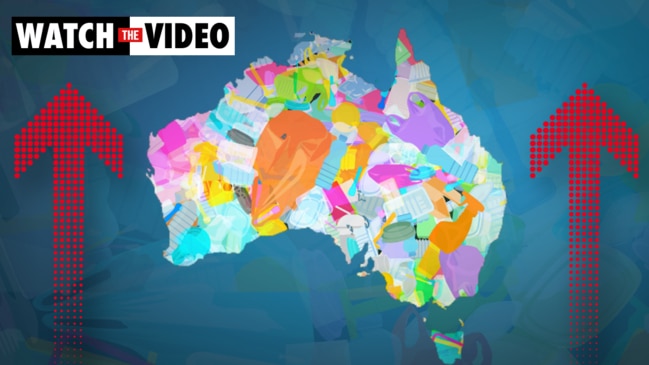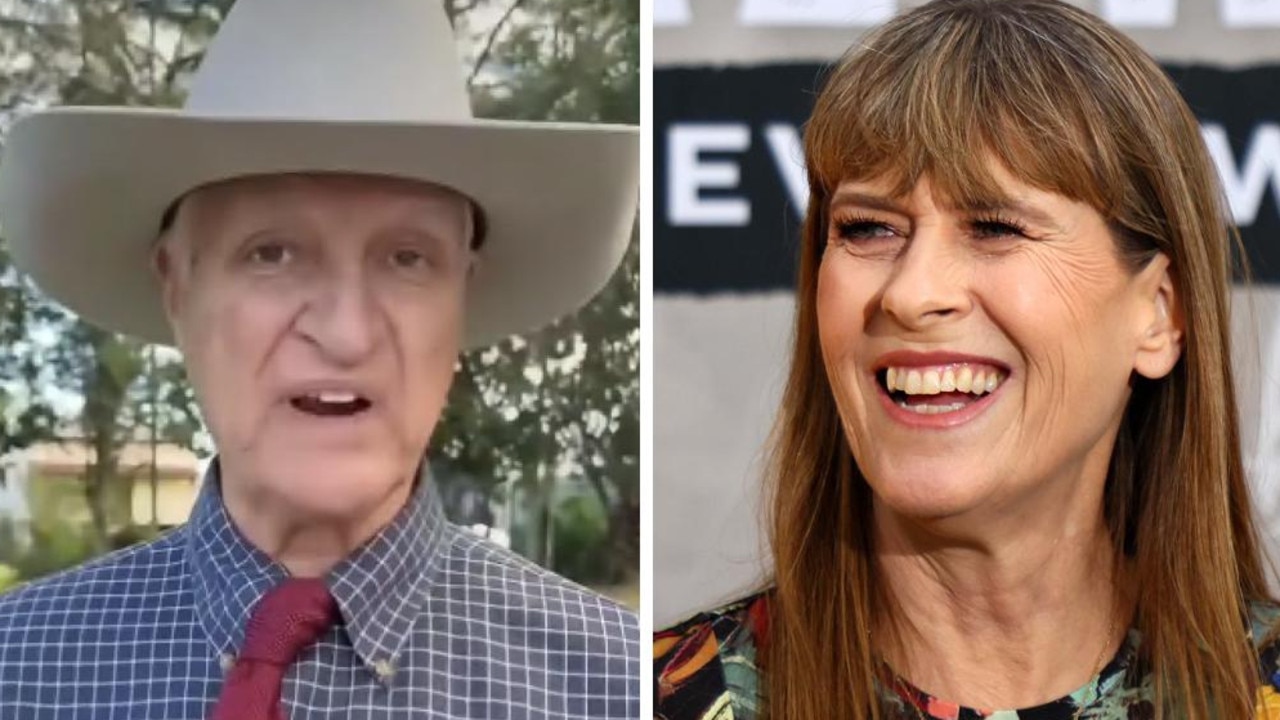Documentary reveals countries impacted by plastic pollution
Countries such as Uganda and Samoa have been plagued with plastic pollution caused by Coca-Cola’s failure to commit to reduce plastic waste.

Soft drink giant Coca-Cola is being blamed for the plastic pollution plaguing entire countries in a new documentary.
Panorama: Coca-Cola’s 100 Billion Bottle Problem, available to stream on Flash, found Uganda and Samoa were some of the countries hit the hardest by plastic pollution.
Statistics from the Global Livingston Institute, reported by the documentary, indicate just 6 per cent of plastic waste is collected for recycling in Uganda.
Stream Panorama: Coca-Cola’s 100 Billion Bottle Problem now on Flash, Australia’s first-of-its-kind news streaming service. New to Flash? Try 14 days free >


Found of Uganda-based activist group End Plastic Pollution, Nirere Sadrach, described the devastating scenes to the program.
“It is heartbreaking to see a country like Uganda that we used to call the power of Africa,” Mr Sadrach said.
“We are losing our rivers. We are losing Lake Victoria. Uganda is losing to plastic waste.
“When I go to our villages, I see the plastics. I go to the lake, I see plastics. I visited rivers, I see plastics. It really makes me feel like we are losing our natural environment.
“Plastic pollution is affecting the marine life. We have seen plastic killing fish.
“The problem is not littering. The problem is that there is more plastic than the Western system can cope with.”
Panorama’s analysis of Coca Cola’s own figures revealed that globally since 2018, 156 billion of the company’s plastic bottles have been burnt, littered or buried in landfill sites.

Marina Keil runs Samoa Recycling & Waste Management Association, a charity that collects recycled materials for export off the island. She said the soft drink company contributes to one-third of the plastic bottle waste in Samoa.
“The population here in Samoa is only 200,000,” she told the program.
“We don’t generate enough waste to have a recycling facility for plastic bottles here on the island that would only work for developed countries and countries with more people.”
Last year, Ms Keil’s charity received a one-off $40,000 donation from Coke. But she says it’s not enough.

“We really want to export a container out of Samoa. But the freight is very expensive,” she said.
“So even if we do fill a container, we still don’t make profit because we have to cover other costs such as employing girls to wash and process plastic.
“We have yet to export our first container. We’ve never had any plastic leave Samoa.”
The program asked Coca Cola for an interview, but they declined and gave written answers to their questions.
Regarding Samoa, the drink corporation said “they are working to ensure none of their products end up in the environment and are launching an education campaign to encourage recycling in Samoa”.

Panorama: Coca-Cola’s 100 Billion Bottle Problem explores how Coca-Cola sells more than 100 billion throwaway plastic bottles each year and investigates the organisation’s promise to crack down on plastic waste.
According to the feature, the entire soft drink sector has a plastic recycling problem. Unlike Coca-Cola, Pepsi and bottled water company Danone don’t publish their collection and recycling rates.
Coca-Cola’s annual report in 2020 showed that they sold 112 billion throwaway plastic bottles. Around 56 per cent made it to a recycling plant, meaning 49 billion bottles were not recycled.





